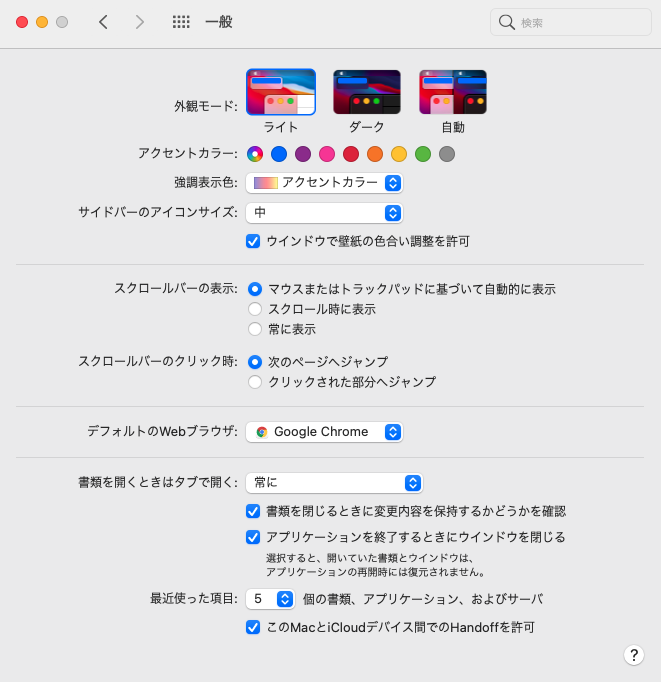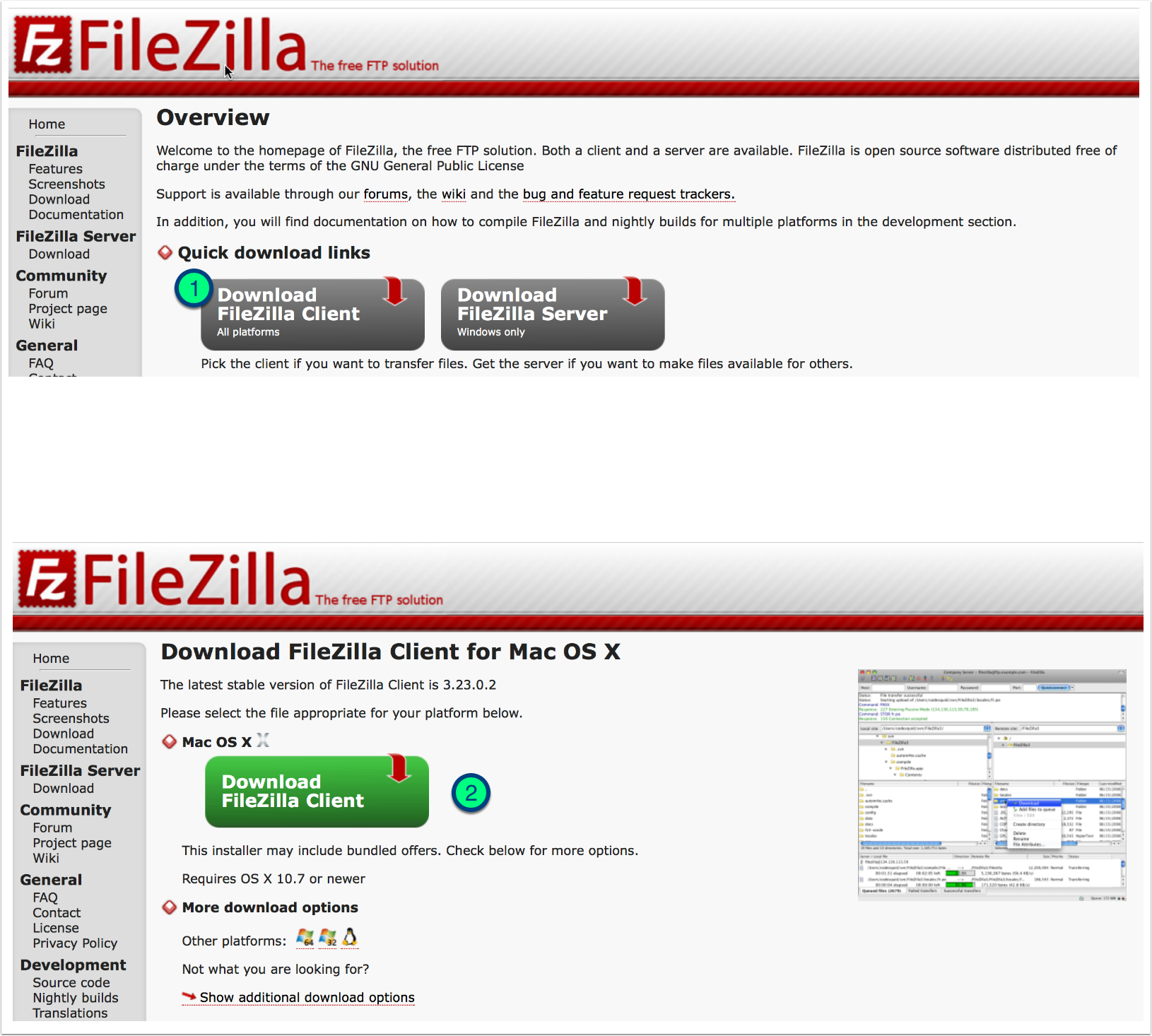

- FILEZILLA MAC M1 DOWNLOAD HOW TO
- FILEZILLA MAC M1 DOWNLOAD MAC OS X
- FILEZILLA MAC M1 DOWNLOAD INSTALL
- FILEZILLA MAC M1 DOWNLOAD TV
How To Tell If An App Is Using Rosetta On M1 & M2 Macs.
FILEZILLA MAC M1 DOWNLOAD INSTALL

FILEZILLA MAC M1 DOWNLOAD MAC OS X
Just type in your DynDNS domain name and the username and password you use to access your Mac OS X account. That’s it – you’re finished!Īfter you’ve enabled FTP Access and turned on DynDNS, you’ll be able to use any FTP client (like Transmit) to access your Mac’s files and folders. If the status of your account says Ok, your FTP server is available at your DynDNS URL. In the DynDNS Updater Users window, click the Start Daemon button. Make sure the Use Secure Connection (SSL) checkbox is selected – you want to protect your password! In DynDNS Updater, select Edit Users from the File menu. Enter it, and then wait for DynDNS Updater to install. You’ll be prompted for your administrator password. Double-click the application and click Install to install it. We’ll worry about that later.ĭownload the DynDNS Updater application. This third-level domain name is how the world will access your FTP server, so pick carefully! Don’t worry too much about the IP Address right now – DynDNS automatically detects that, and it may or may not be correct. Log in and click the Add Host Services link, and then click the Add Dynamic DNS Host link.Įnter a hostname and select a domain for your FTP server. It’s free!Ĭonfirm your new DynDNS by clicking on the link they email you. Register for an account on the DynDNS website. That way, your FTP server will always be available, even if you move your Mac to another location and change IP addresses. Not to worry! There’s a great service called DynDNS that bypasses all of these trivial annoyances and makes your FTP server available to everyone.ĭynDNS automatically tracks your Mac and maps your IP address to a domain name. The same safeguards that prevent weirdoes from accessing your computer also prevent you from sharing your files.

Now your Mac is running an FTP server, but if you’re on a local network, it’s still inaccessible to the rest of the world. Make Your FTP Server Accessible to the World You’ve successfully turned on your Mac’s FTP server. This will allow people to access your files through your Mac’s firewall.Ĭlose the System Preferences. Also make sure that the checkbox next to FTP Access is selected. (This may take a minute or two.) After it has started, click the Firewall tab and make sure your Mac’s firewall is turned on. Select FTP Access, and then click the Start button. Here’s how to do it:įrom the Apple menu, select System Preferences.Ĭlick Sharing, and then click the Services tab. Thanks to Mac OS X, this is a relatively straight forward process. The first step to setting up your Mac’s FTP server is to actually turn it on. If you have an FTP server setup, you can retrieve the file in a matter of minutes.Įvery Mac ships with a built-in FTP server, and it’s easy to turn on and use.

That article is useful for individuals needing to host web pages on their Mac in a pinch, but it doesn’t really go far enough. Several weeks ago, we showed you how to turn your Mac into a web server. How to Turn Your Mac Into an FTP Server.
FILEZILLA MAC M1 DOWNLOAD TV
AirPort Apple Apps Backups Developer Education Email Hardware Internet iPad iPhone Mac Music Network Photos Security TV Weekend Wonk


 0 kommentar(er)
0 kommentar(er)
